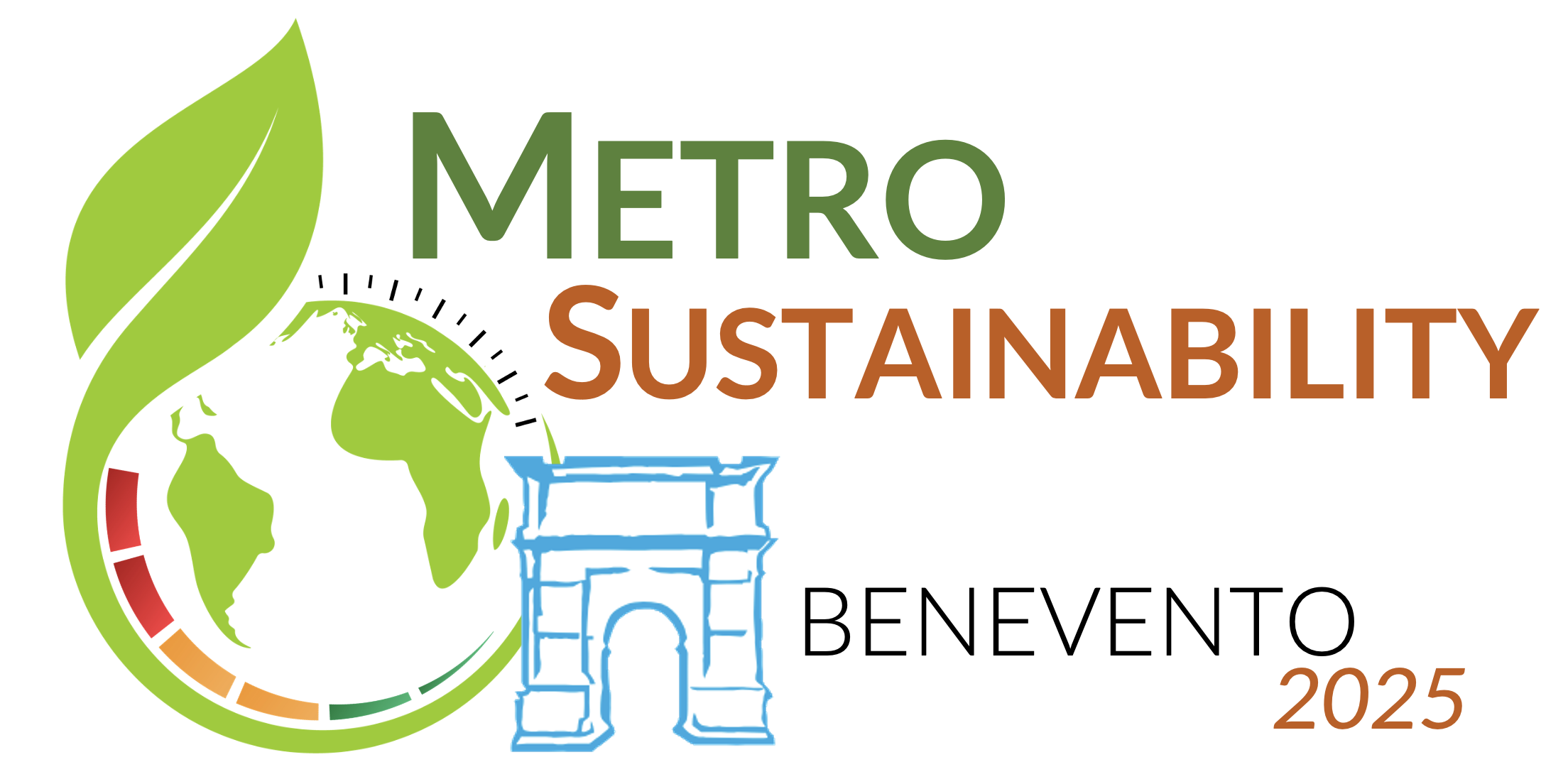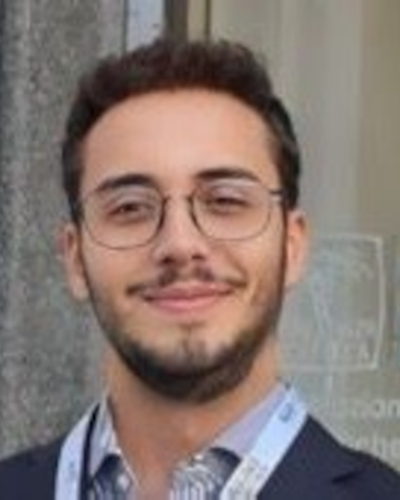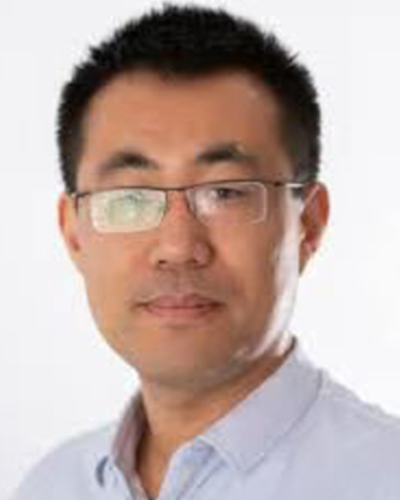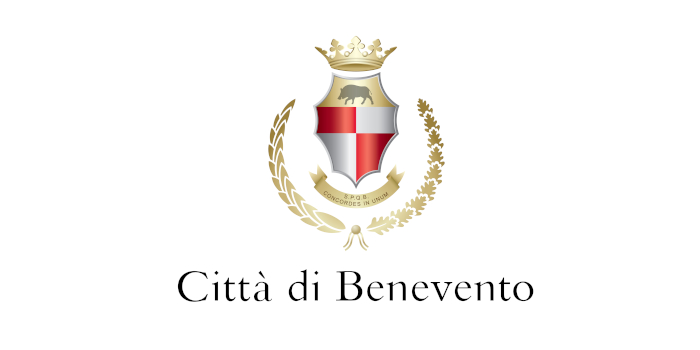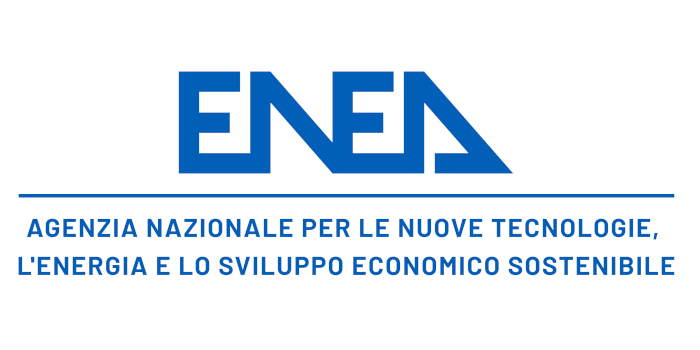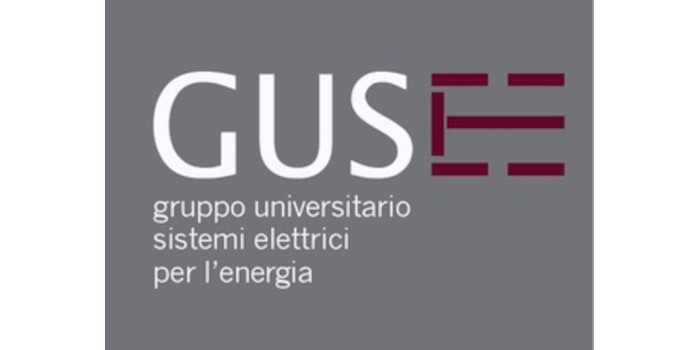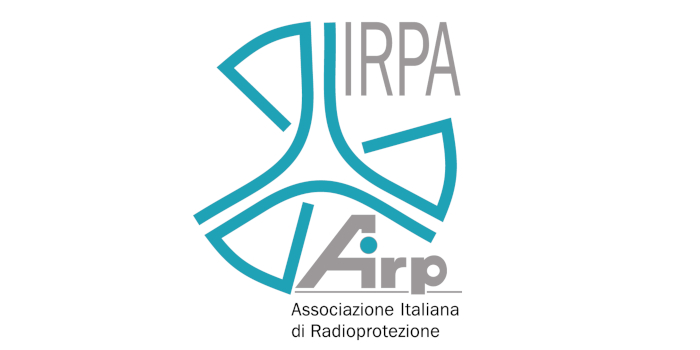SPECIAL SESSION #2
Robotics for Sustainability
ORGANIZED BY
Fabrizio Lo Regio
University of Naples Federico II, Italy
Shuai Li
University of Oulu, Finland, and VTT (National Research Center of Finland), Finland
ABSTRACT
The latest generation of robotic systems, ranging from marine drones that map currents and microplastics to surgical manipulators that perform image-guided biopsies, is transforming our ability to measure and intervene precisely in natural ecosystems and clinical settings. However, the extent of their positive impact depends on our ability to address issues such as energy demand, reliance on critical materials, and the computational load of AI-driven perception and decision-making modules. This Special Session explores the dual nature of "robotics for sustainability". On the one hand, it showcases robotics as a means of achieving high-quality environmental and biomedical measurements, which are essential for effective mitigation policies and improved healthcare. On the other hand, it promotes robotics designed according to the circular economy principles, incorporating low-impact materials, lean sensor fusion methods, and energy-efficient control strategies to reduce carbon footprints. Our goal is to bring together engineers, materials scientists, clinicians, and life-cycle analysts to share quantitative evidence, comparable assessment methods, and design solutions that balance metrological accuracy, operational resilience, and ecological responsibility. The discussion aims to define harmonised indicators and techno-ethical guidelines that pave the way for international standards, making robotics truly circular and having a positive impact on the planet and human health.
TOPICS
Topics of interest include, but are not limited to:
- Autonomous robots for environmental monitoring, such as gases, water, and air quality;
- Low-impact agricultural and maritime platforms for ecosystem management and restoration;
- Medical and tele-monitoring robotic systems: measurement accuracy versus energy and computational cost;
- Life-cycle assessment (LCA) of industrial and surgical robots;
- Bio-based materials, modular design, and remanufacturing strategies for robotic components;
- Perception and control algorithms oriented towards energy efficiency;
- Integration of renewable batteries and on-board energy-harvesting solutions;
- Measurement methodologies, KPIs, and ISO/IEC standards to quantify robotic impact.
ABOUT THE ORGANIZERS
Fabrizio Lo Regio received the M.S. degree (cum laude) in biomedical engineering from the University of Naples Federico II, Italy, in 2022. He is currently a Ph.D. student in Information Technology and Electrical Engineering at the University of Naples Federico II. His current research interests include applied metrology for human-machine interaction, quantum measurements, and telecommunications systems and networks.
Prof. Shuai Li (Steven) Li is currently a full professor with the Faculty of Information Technology and Electrical Engineering, University of Oulu, Finland, and also an adjunct professor with VTT (Technical Research Center of Finland), Oulu, Finland. His current research interests include robotics, autonomous systems, and intelligent control.
